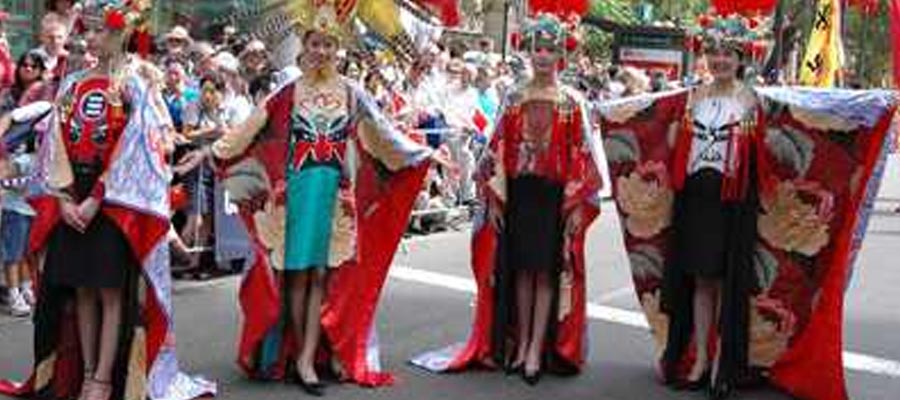This year Chinese New Year falls on February 16,2018, when we ring in the Year of the Dog. New Year’s Eve is a time for family get-togethers for eating, and shou sui (staying up all night). At midnight, it’s a custom to eat jiao zi (dumplings), because the word jiao zi is similar to the ancient word for new replacing the old. The crescent shape of the dumpling is also similar to ancient money and lets people imagine heaps of money being brought to the table. Also at midnight, it is customary to set off firecrackers. This was traditionally done to scare away demons but in modern times it’s just for fun.
On New Year’s Day, one traditionally welcomes the gods from the heaven and earth. The Ming and Qing emperors would perform a grand ceremony at the Temple of Heaven in Beijing. Nowadays, elders give children ya sui, or gifts of money put into a lovely red envelope, called a hong bao.
On Day Two, prayers to ancestors are added to prayers to the gods. It’s also believed that this day is the birthday of all dogs, so you should be extra nice to your four-legged friends. On Days Three & Four, sons-in-laws pay respect to their in-law families. On Day Five, everyone stays home to wait for and welcome the God of Wealth. It’s bad luck to go visit people. On Days Six to Ten, families go out to visit relatives and friends. On Day Seven, it’s a special day for farmers and it’s also supposed to be the birthday of all mankind. Eating noodles is traditional to ensure long life. On Days Ten to Twelve, it’s time to invite family and friends over for dinner. On Day Thirteen, one is supposed to eat simply. On Day Fifteen, Yuanxiao, or the Lantern Festival is celebrated on the night of the first full moon; it also marks the end of the Chinese New Year holiday period. The Chinese people light lanterns, play riddle games and eat sticky rice balls.
zdroj foto: shuterstock.com

